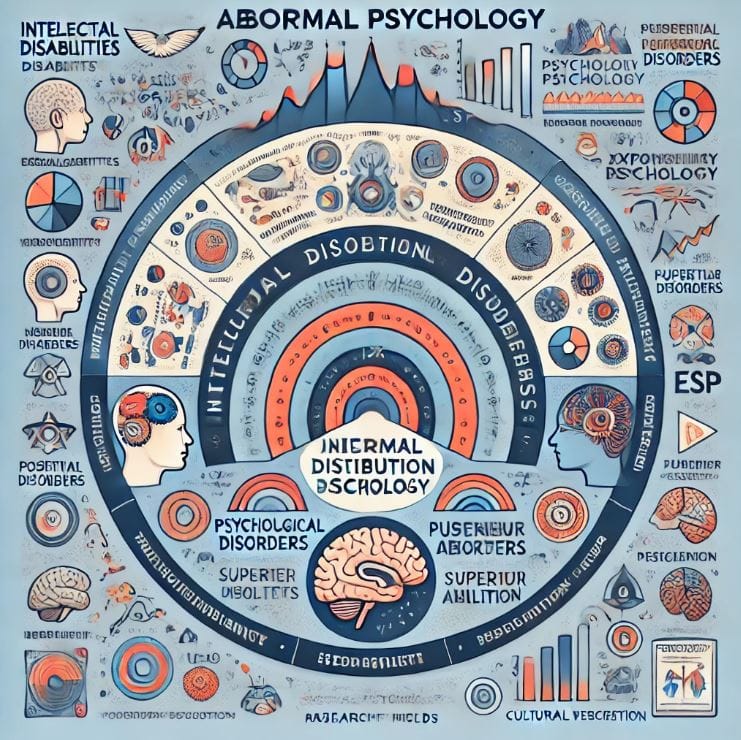
Educational psychology lies at the heart of effective teaching and learning, offering insights into how individuals acquire knowledge and how educators can create environments that nurture intellectual, social, and emotional growth. Defining the psychology of education means understanding the intricate interplay between teaching strategies, student behavior, and learning outcomes. This comprehensive exploration highlights how educational psychology equips teachers to be mentors who inspire lifelong learning.
What is Educational Psychology?
Educational psychology is the scientific study of how people learn. It investigates student achievements, learning challenges, and the dynamics that influence the educational process. The field integrates principles from developmental, cognitive, and behavioral psychology to provide a robust framework for improving educational experiences. By understanding these principles, educators can identify why some students excel while others struggle and develop interventions that empower every learner.
The Depth of Educational Psychology
Unlike a one-size-fits-all approach, educational psychology emphasizes the diversity of learning processes. It examines:
- Cognitive Factors: How memory, attention, and critical thinking shape learning.
- Emotional Dynamics: The impact of confidence, motivation, and anxiety on student performance.
- Social Contexts: Peer interactions, classroom dynamics, and cultural influences on education.
- Developmental Stages: Tailoring teaching strategies to suit learners at various ages and developmental phases.
These dimensions ensure that educators address not just what students learn but also how and why they learn.
Why Study Educational Psychology?
The ultimate purpose of educational psychology is to optimize learning experiences by understanding and addressing students’ unique needs. For educators, it provides the tools to:
- Break Down Barriers: Identify and support students facing challenges in understanding concepts.
- Innovate Teaching Methods: Develop creative, evidence-based strategies to engage learners.
- Foster Inclusion: Build adaptive learning environments that cater to diverse abilities and backgrounds.
- Enhance Outcomes: Empower students to achieve academic, social, and emotional success.
For example, integrating psychological principles with technology can lead to personalized e-learning platforms, gamified lessons, and assistive tools for students with special needs. This blend of innovation and understanding enhances educational access and equity.
Applying Educational Psychology in the Classroom
Motivating Students Through Engagement
Motivation is central to effective learning. Educators can harness concepts from behavioral psychology, such as positive reinforcement, to create engaging classroom environments. Gamification, praise, and collaborative challenges can spark curiosity and drive achievement.
Understanding Developmental Needs
Educators equipped with insights from developmental psychology can align their teaching methods with the cognitive and emotional needs of their students. For instance, younger children thrive with play-based learning, while older students benefit from structured problem-solving exercises.
Fostering Inclusive Classroom Dynamics
Educational psychology enables teachers to navigate the complexities of group interactions. Techniques like collaborative projects, peer mentoring, and conflict resolution activities help create inclusive classrooms where every student feels valued and supported.
Addressing Emotional Well-Being
Teachers play a critical role in managing students’ emotional challenges. Creating a safe and supportive learning environment where mistakes are framed as opportunities for growth can build resilience and confidence in learners.
The Transformational Benefits for Teachers
Educators who apply the principles of educational psychology unlock numerous advantages:
- Personalized Instruction: Tailoring lessons to meet individual needs enhances both teaching effectiveness and student engagement.
- Deeper Connections: Understanding students’ emotions and motivations fosters trust and positive relationships.
- Professional Growth: Educational psychology equips teachers with strategies to refine their craft and adapt to evolving educational challenges.
- Improved Classroom Management: Insights into behavioral patterns allow teachers to maintain focus and harmony in diverse classroom settings.
For instance, by analyzing attention patterns, a teacher might introduce active learning sessions interspersed with short breaks to maximize productivity and retention.
Educational Psychology and Special Needs Education
Educational psychology is integral to creating inclusive learning opportunities for students with disabilities. Teachers trained in this field can:
- Detect Learning Challenges: Early identification of learning disabilities allows for timely interventions.
- Develop Individualized Plans: Collaborate with specialists to craft personalized education plans that meet unique student needs.
- Incorporate Assistive Technologies: Use tools like speech-to-text software or interactive learning devices to bridge gaps in understanding.
By fostering inclusivity, educational psychology ensures every learner can thrive, regardless of their starting point.
Educational Psychology in a Changing World
The relevance of educational psychology continues to grow in the face of evolving societal and technological landscapes. In 2024 and beyond, its principles are being applied to address emerging challenges such as:
- Hybrid and Online Learning: Adapting psychological theories to design effective virtual classrooms.
- Mental Health Awareness: Integrating emotional well-being into academic curricula to support holistic development.
- Cultural Diversity: Emphasizing multicultural competence to ensure global relevance in education.
Educational psychology bridges traditional teaching methods with cutting-edge solutions, preparing educators to meet the demands of a rapidly changing world.
Conclusion: Empowering Educators Through Educational Psychology
Defining the psychology of education is a journey toward understanding the art and science of teaching. By exploring how students think, feel, and learn, educators can craft environments that inspire curiosity, foster resilience, and unlock potential. The principles of educational psychology transform classrooms into spaces where students and teachers alike can thrive.
For aspiring great teachers, embracing educational psychology is not just about improving academic outcomes; it’s about empowering lives and shaping futures. In the end, teaching is more than imparting knowledge—it’s about nurturing growth, sparking joy in learning, and leaving a lasting impact on the hearts and minds of students.
Keywords: Educational Psychology, Effective Teaching, Classroom Strategies, Student Engagement, Special Education, Teacher Development, Learning Psychology

